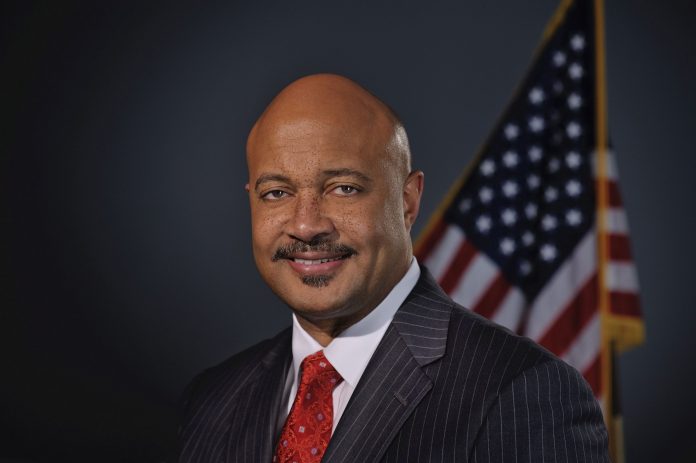Patrick McGuff was able to set the tone early, and Ryan Long’s three-run home run in the first inning gave the Evansville Otters complete control of the game as they defeated the Southern Illinois Miners 9-4.
McGuff earns his first win of the season, going six no-hit innings and striking out 12.
Chase Cunningham takes the loss for the Miners, surrendering six runs off eight hits in 4.2 innings pitched.
After Long’s home run, Jack Meggs smacked a hit in his first at-bat deep to right field to extend the Otters’ lead to four.
In the fifth inning, Carlos Castro knocked in a two-run RBI single to give the Otters a 6-0 lead.
That RBIÂ single would chase Miners pitcher Chase Cunningham out of the game, giving up six runs on eight hits.
The Otters would add two more runs in the seventh off an error from the Miners to extend their lead to 8-0.
The Miners were able to score their first runs of the game in the eighth when Kyle Davis crushed a two-run home run to centerfield off of Otters pitcher Taylor Wright, making the score 8-2.
The Otters would add another run in the ninth, and the Miners added two more before Otters relief pitcher Danny Hrbek was able to record the final out of the game.
Otters pitching was solid all around, recording 17 total strikeouts.
The Otters move to 1-0 to start their 25th anniversary season. They will square off against the Miners on Saturday in game two of the series, first pitch set for 6:35 p.m.




